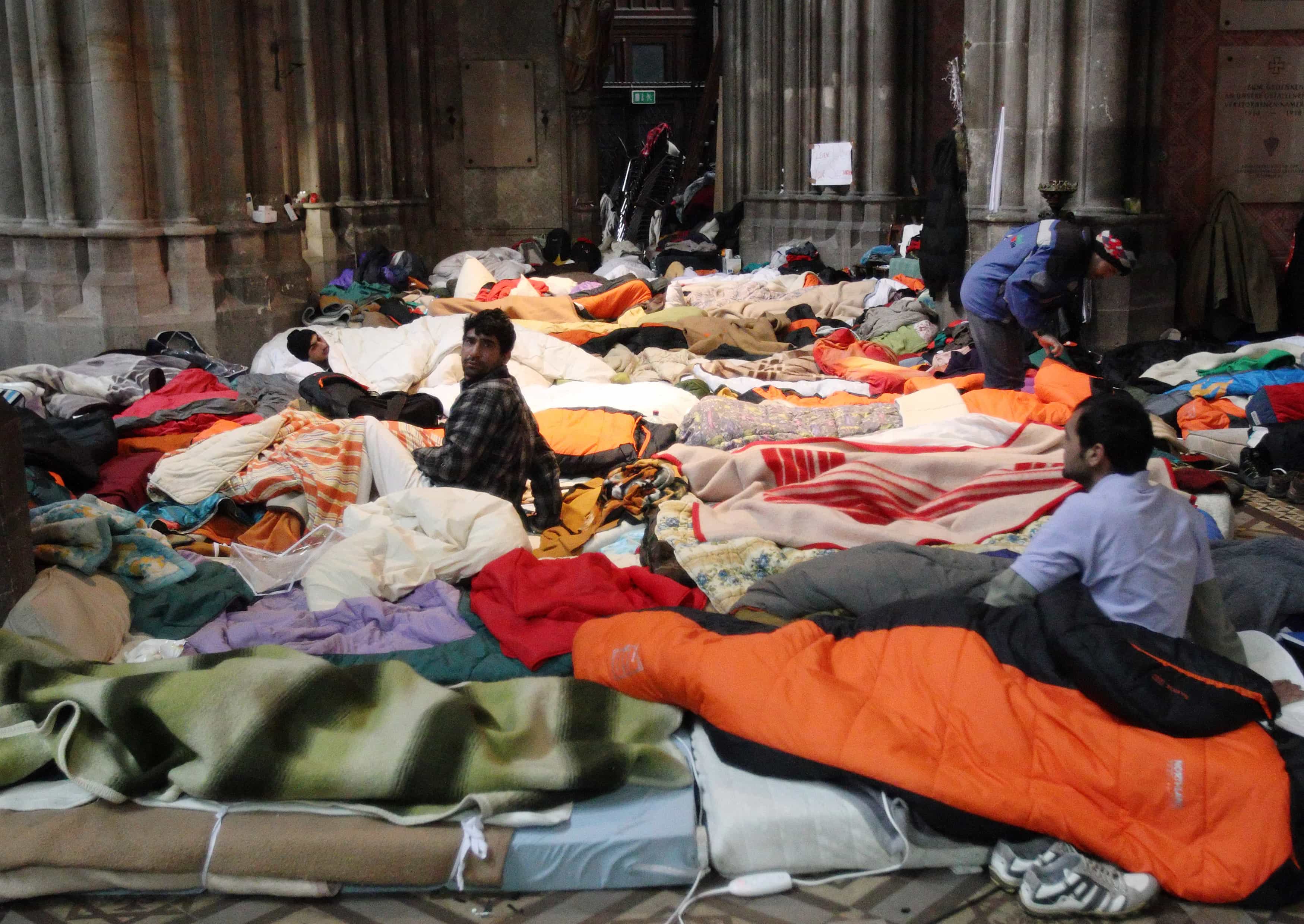The following is an ARTICLE 19 press release: 7 April 2000 “Nazi Journalism” Case: European Court of Human Rights’ Freedom of Expression Interpretation Questioned ARTICLE 19 today questioned the European Court of Human Rights’ interpretation of Article 10 of the European Convention of Human Rights, which guarantees the right to freedom of expression, following the […]
The following is an ARTICLE 19 press release:
7 April 2000
“Nazi Journalism” Case: European Court of Human Rights’ Freedom of Expression Interpretation Questioned
ARTICLE 19 today questioned the European Court of Human Rights’ interpretation of Article 10 of the European Convention of Human Rights, which guarantees the right to freedom of expression, following the Court’s upholding of an injunction prohibiting an Austrian politician from repeating the phrase “Nazi journalism”, despite proof that there was a strong factual basis for his use of this phrase.
The original injunction was imposed on Austrian Green Party politician Andreas Wabl in December 1993, at the behest of newspaper Neue Kronen-Zeitung. The newspaper had published an article claiming that a policeman, who had been involved in a scuffle with Wabl at a demonstration, feared he had contracted AIDS and no longer dared to kiss his children. The article called for Wabl to have an AIDS test. Wabl successfully sued the newspaper for defamation.
In response to a question on how he felt about the original article, Wabl replied “This is Nazi journalism.” The injunction was imposed by the Austrian Supreme Court despite proof that an essential element of the journalism of the Nazi regime was defaming political opponents by alleging illness.
Andrew Puddephatt, ARTICLE 19 Executive Director said:
“ARTICLE 19 seriously questions the judgment of the European Court of Human Rights in this case. By upholding this injunction, the Court is sending an unfortunate signal that States may sanction lively rhetoric and vibrant political debate. Andreas Wabl did not accuse the newspaper of being Nazis, he simply responded to a vicious and unwarranted personal attack with a statement which has a solid factual basis.”
In a number of past judgments, the Court has reiterated the need for strong protection for political debate and discussion of matters of public concern. A statement particularly relevant to this case comes from Castells v. Spain, 23 April 1992, 14 EHRR 445, para. 42:
“While freedom of expression is important for everybody, it is especially so for an elected representative of the people. He represents his electorate, draws attention to their preoccupations and defends their interests. Accordingly, interferences with the freedom of expression of an opposition member of parliament, like the applicant, call for the closest scrutiny on the part of the Court.”
Notes to Editors
1. The appeal was refused on 21 March 2000.


